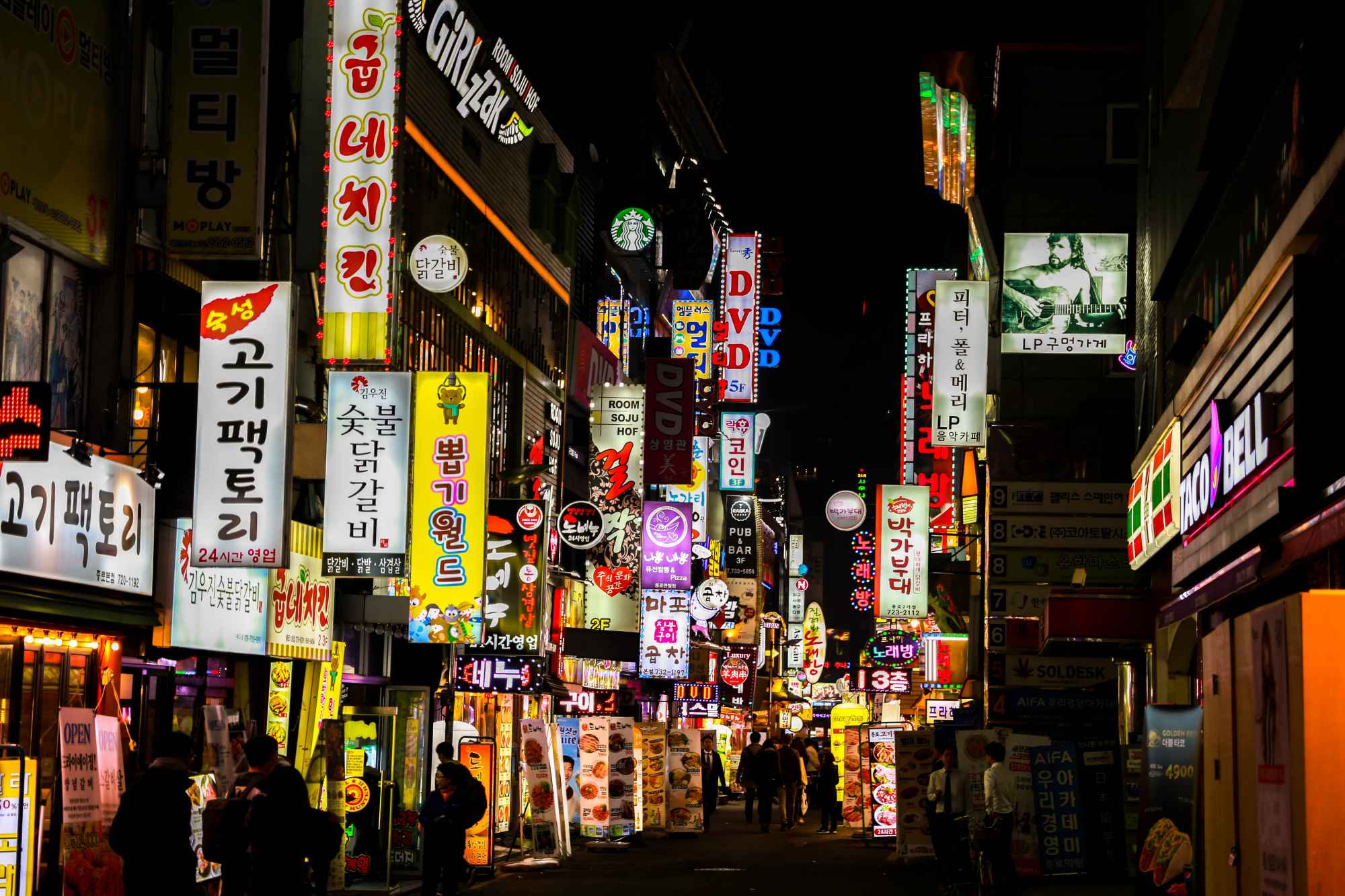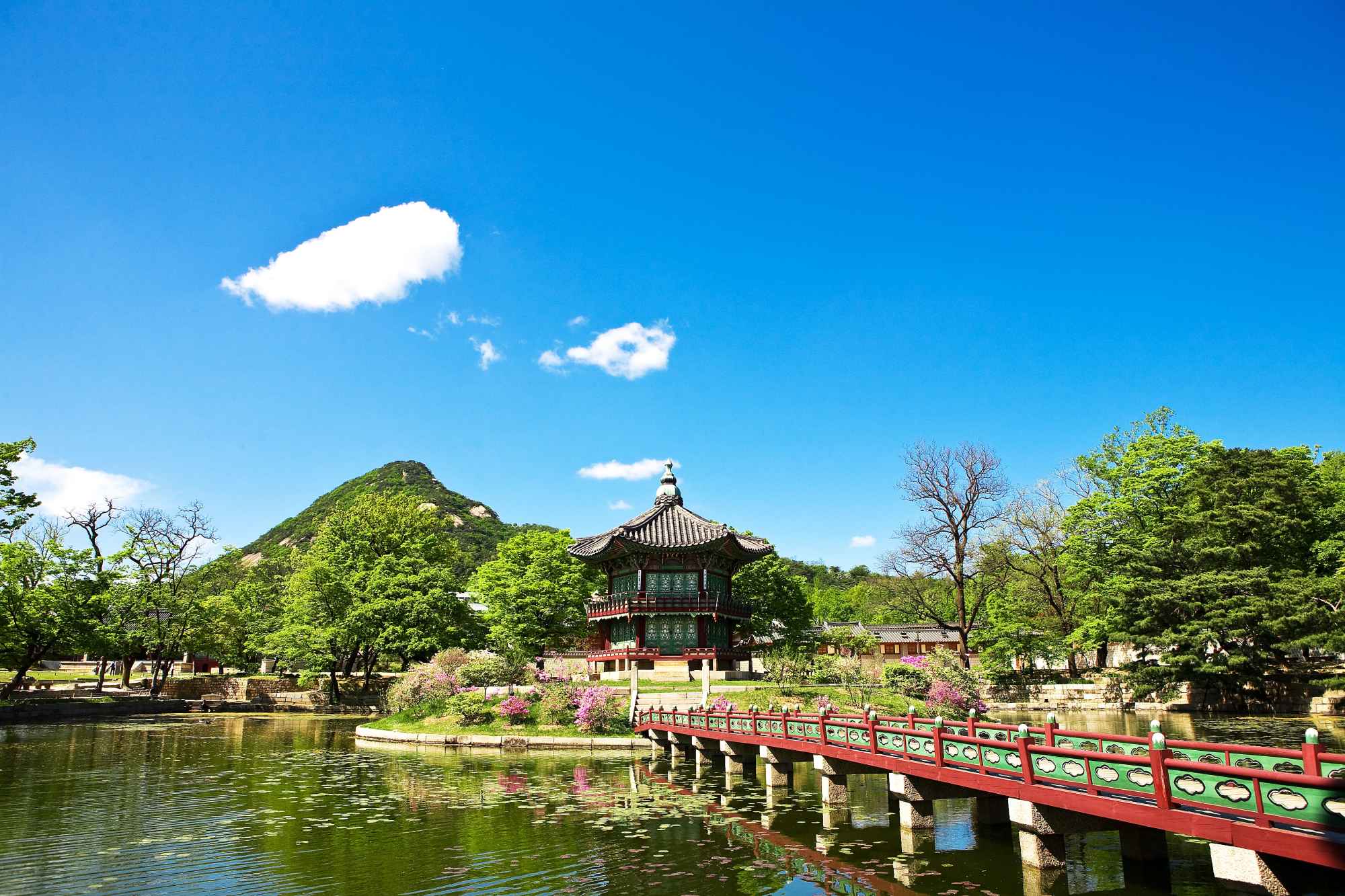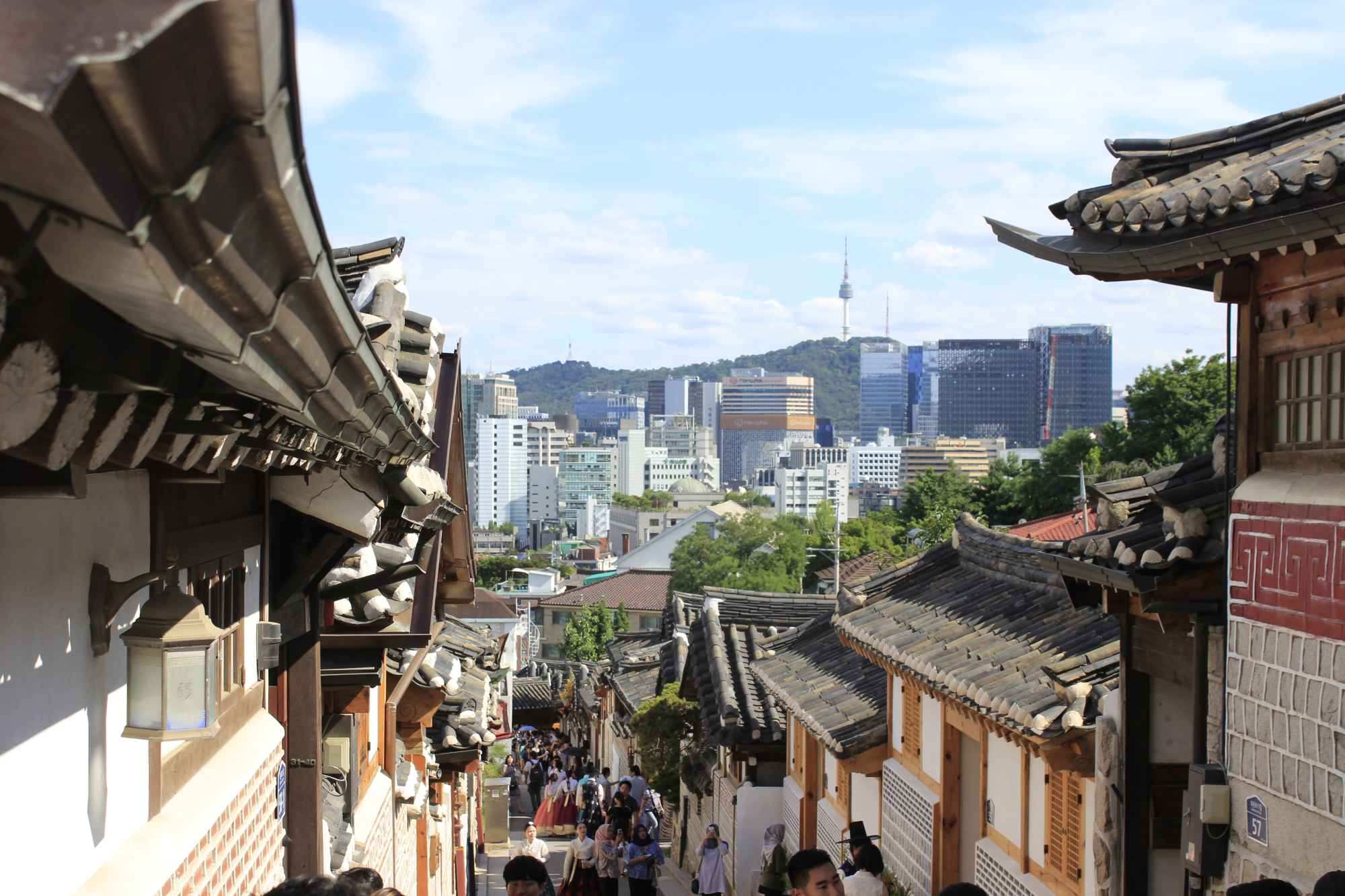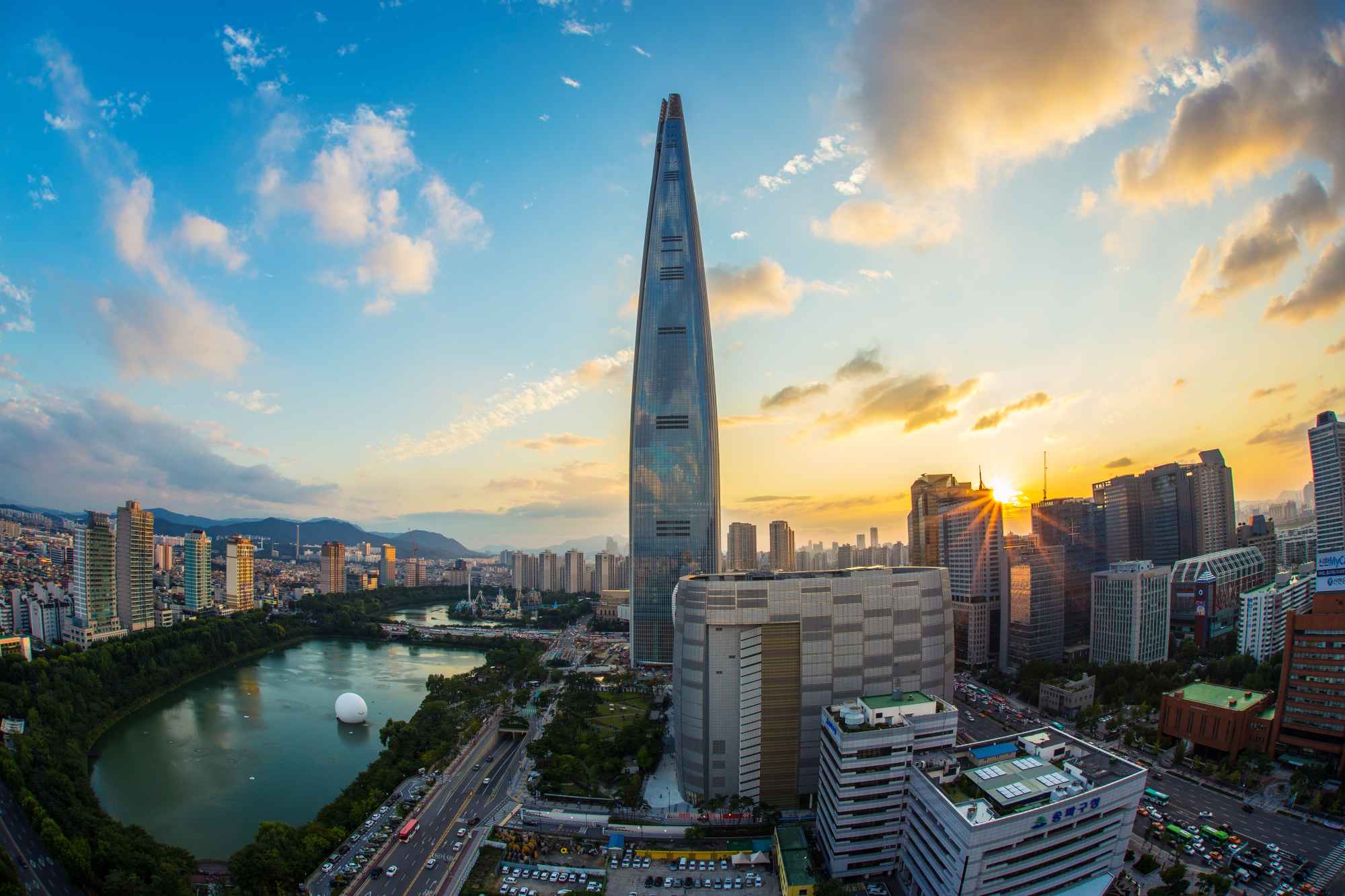Currency Information
| Currency: | South Korean Won |
| Currency code: | KRW |
| Currency symbol: | ₩ |
| Bank notes: | ₩1000, ₩2000, ₩5000, ₩10000, ₩50000 |
| Coins: | ₩1, ₩5, ₩10, ₩50, ₩100, ₩500 |
Daily Cost

|
Three-course meal for 2, mid-range restaurant | 40000 Won |

|
One-way ticket for local transport | 1250 Won |

|
Bottle of water | 844 Won |
Some tips to be ready!
1. Learn some basic Korean phrases. Although a select few people have some competent English skills, the majority of Koreans can speak very limited English. Don’t be surprised if you end up communicating with street vendors with hand gestures as English is rarely spoken, even in popular tourist spots.
2. Barter for everything when you are in local markets. Korea is famous for its night-life and shopping opportunities. You’ll find metro stations with market stalls everywhere and it is in your best interest to always try and haggle the price down if possible. Unless you are in a shopping centre with written prices, try to bargain! The worst thing the vendor could do is simply say no.
3. Take advantage of rubbish bins when they are available. Rubbish bins, similar to Japan, can be very difficult to find in Korea. You may have to carry your rubbish for an exceedingly long walk before you come across another, so always dispose of any rubbish the second you find a bin to use!
4. Consider planning your trip for the spring or autumn months. During the summer, Korea can get seriously hot. So unless you’re ok with packing lots of sunscreen with you, it would be better to go during a cooler time of the year. With that in mind, Korean winters can also be extremely cold and wearing a thick coat for most of the day is a requirement. So going during Spring and Autumn would get you the most ideal weather!
5. Be prepared for pushing and shoving in busy metropolitan cities. With a population of over 51 million, there’s simply no room for personal space during peak hour. Don’t take it personally if you are elbowed on your way to the convenience store, for many busy Korean cities, it is the norm.
6. Tip at your own expense. Tipping is not mandatory or expected by any business or worker in Korea, so don’t feel obligated to tip just because you have been given outstanding service. In saying that, any cab driver, hairdresser or restaurant staff will be more than grateful for any tips you give them, but this is not practiced much by Korean locals. If you do want to show your gratitude for exceptional service, the amount is entirely up to you.






